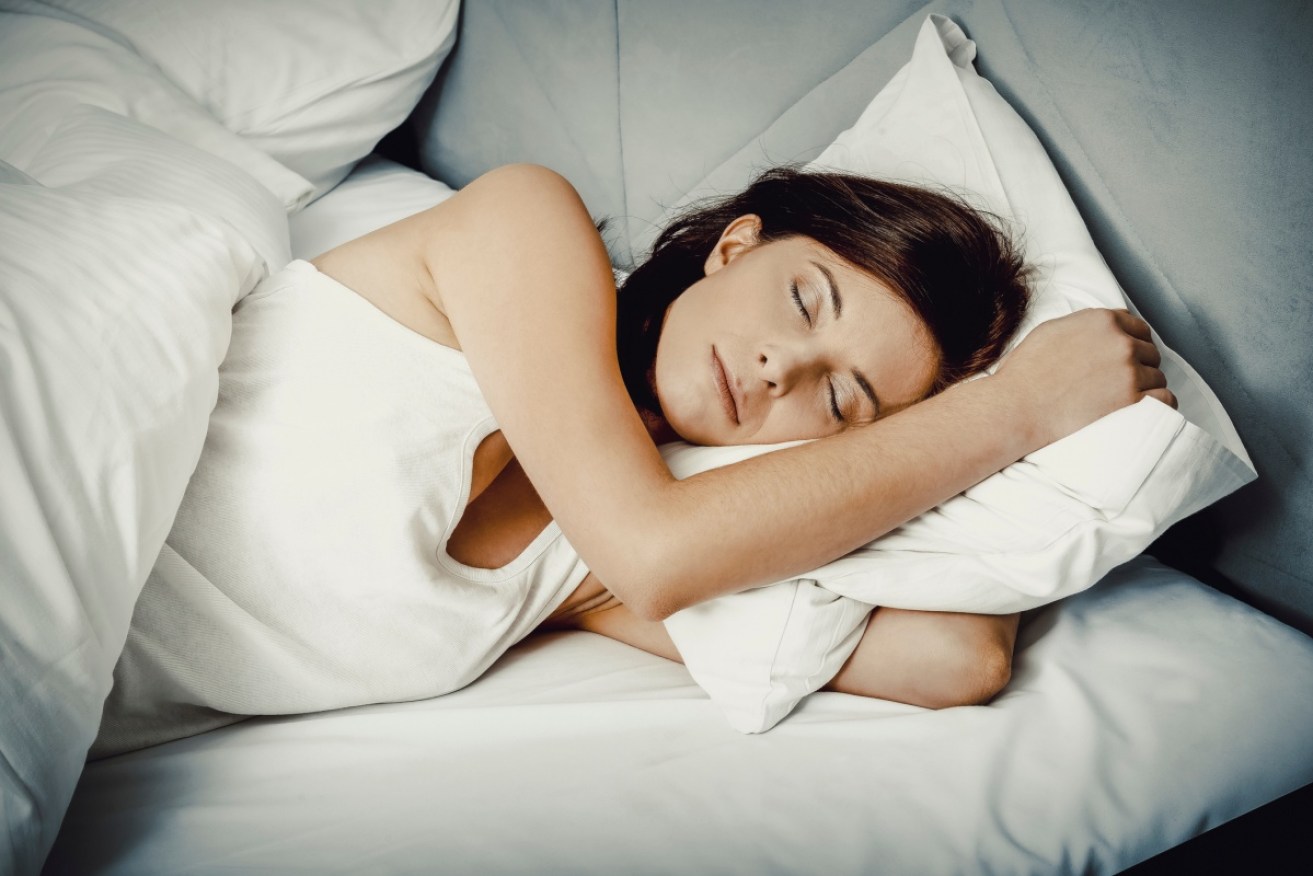Why your weekend sleep-in is good for you – just don’t overdo it


A high-profile food scientist appears to have developed a potent form of antioxidants that previous research has explored as a cure for insomnia. Photo: Getty
With insufficient sleep in the news as a health hazard, is it possible for those of us strapped for shut-eye by busy schedules to compensate by sleeping in on the weekend?
A study published in the Journal of Sleep Research is one of few to look in-depth at the question. Encouragingly, it found evidence that sleeping in on your days off can reduce the health negatives of inadequate sleep during the working week.
Surveying 38,015 Swedish adults, the study collected information on subjects’ self-reported sleep durations and patterns and compared them for any relationship to mortality. Lifestyle and health factors, including body-mass index (BMI), education, alcohol and cigarette consumption and physical activity, were adjusted for.
By the end of the 13-year study, 3234 deaths had occurred in the subjects – mainly due to cancer and cardiovascular disease.
Supporting the importance of sleep, those who slept five hours or less a night were 52 per cent more likely to die prematurely than participants who managed to grab seven hours a night. The effect only held for people above the age of 65, the typical retirement age in Sweden.
While not good news for the habitually sleep deprived, subjects with short hours of weeknight sleep, but who snoozed in on their days off, had no greater risk of mortality than those who slept a regular six to seven hours a night.
According to the study authors: “The results imply that short [weekday] sleep is not a risk factor for mortality if it is combined with a medium or long weekend sleep. This suggests that short weekday sleep may be compensated for during the weekend …”
The authors also posed an alternative, but complementary reason for the results: “The long weekend sleep after short weekday sleep simply demonstrates a healthy sleep pattern that produces longer sleep when factors restricting sleep duration are removed.”
Sleep expert, Dr Michael Breus, a clinical psychologist, author and Diplomate of the American Board of Sleep Medicine, said what matters most is consistent sleep.
“Here’s where I think every news outlet has missed the boat. The comparison group slept seven hours, weekday and weekend, and were completely fine. This only further proves that consistent total sleep time is the best for your overall health.”

Data on sleep suggests the average adult should aim for seven to nine hours of good quality sleep a night. Photo: GettyDr Breus, also a sleep expert for the Dr Oz Show, WebMD and Princess Cruises, said consistent sleep patterns are important to keeping our body clocks and circadian rhythms working well.
Mounting research shows our body clocks play a critical role in hormone regulation and metabolism. While the study only looked at longevity, lack of sleep has been associated with hypertension, metabolic diseases like type 2 diabetes, weight gain and more.
Too much of a good thing?
Flying in the face of what we tend to think about sleep, too much could be as hazardous to your health as not getting enough. Long sleep (defined by the researchers as a regular nine hours or more) was associated with an increasing risk of premature death.
“In the same age group, short sleep (or long sleep) on both weekdays and weekend showed increased mortality,” the study authors observed.
Dr Breus said: “This is likely due to the fact that those who sleep longer than nine hours are getting poor quality sleep. This could be due to a sleep disorder, like sleep apnoea, or narcolepsy. Or it could be due to mental health issues including depression.
“Both categories of sleep-related issues are related to shortened lifespan.”
In other words, it might not be too much sleep that’s the real issue, but the underlying cause behind it.
So, what’s the magic number when it comes to stacking up the Zzz’s?
Data on sleep suggests the average adult should aim for anything between seven to nine hours of good quality sleep a night, Dr Breus said.
The authors of the Swedish study acknowledge the subject of compensatory sleep requires more research. Pending that, it can’t hurt to enjoy that Sunday morning sleep-in. As well as feeling good, it might just be good for you.








